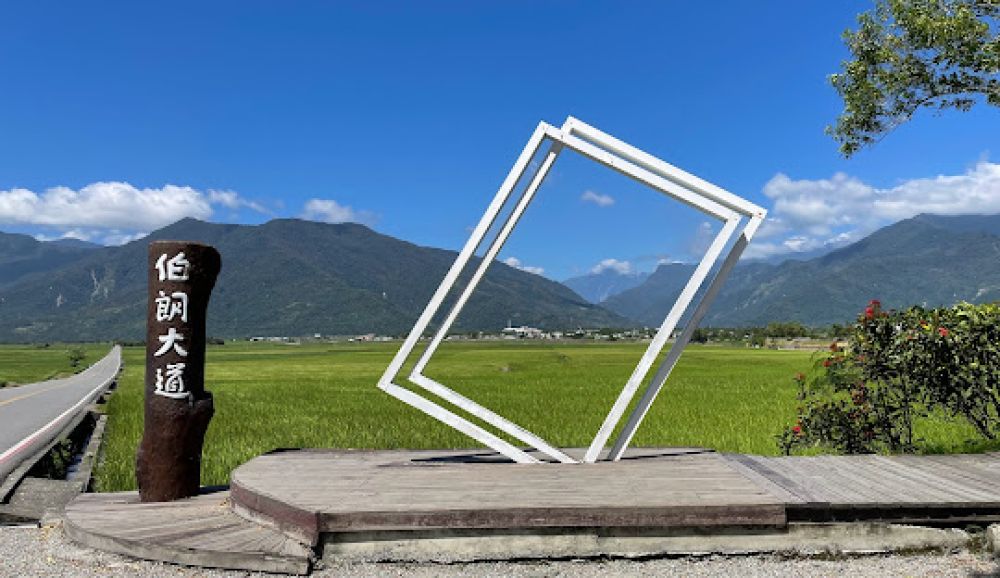

Nestled in the east of Taiwan, the serene Chihshang Township in Taitung County is a paradise for those who yearn to escape the hustle and bustle of city life. Historically, the region has been an agricultural hub, particularly famous for its prized Chihshang rice. This has shaped much of the tourism in the area, drawing people to appreciate not only the natural beauty but also the local culture connected with rice farming.
The history of tourism in Chihshang is intrinsically linked to its rice paddies. The town began to gain more widespread recognition when the local farmers' commitment to avoiding the use of chemical fertilizers resulted in a product of unparalleled quality. Food tourism became a substantial draw, as visitors would travel to sample the local cuisine and purchase Chihshang's famous rice.
The expansion of tourism came with increased awareness and the location's feature in various Taiwanese films and television series, propelling Chihshang into the national spotlight. The scenic beauty of its vast rice fields earned one particular road a colloquial name: Brown Boulevard. This picturesque stretch of farmland quickly became a must-visit destination for its idyllic landscapes and the seemingly endless horizon.
The name "Brown Boulevard" is not found on maps, as it is a nickname given by locals and travelers alike due to the golden-brown color of the ripe rice before harvest. The boulevard became synonymously known as the road to paradise among cyclists and photography enthusiasts. With its car-free paths and spectacular views, it gained fame as one of the most beautiful roads in Taiwan.
Embracing this natural trend, local tourism operators began to offer bicycle rental services, and soon the area saw an influx of visitors wanting to cycle through the paddies, especially during the harvest season when the fields turn a golden hue.
In recent years, sustainable tourism has been the theme in Chihshang. Efforts to maintain the delicate balance between nature and tourism have seen the introduction of eco-friendly practices. Local businesses and farmers often join forces to provide authentic experiences that include traditional rice farming demonstrations, organic food markets, and cultural workshops.
Another emerging trend is the combination of health and wellness with rural tourism. With Chihshang's clean air, pristine landscapes, and tranquil atmosphere, wellness retreats have started to pop up, offering yoga, meditation, and spa treatments amidst the rice paddies.
Visitors can enjoy a slice of rural Taiwanese life combined with the pleasure of natural beauty at Chihshang Township. The rise of agritourism has seen an increase in homestays and B&Bs in the region, allowing tourists to immerse themselves fully in the local lifestyle. The celebrated Chihshang Lunch Box, originally a simple meal for farmers, has become a symbol of the area's food culture and is a must-try for all who visit.
As you explore the rice fields, whether on foot or by bike, and engage with the warm, welcoming locals, Chihshang's charm is undeniable. The combination of agricultural traditions, stunning landscapes, and sustainable tourism practices makes Chihshang Township an exemplary model for rural tourism done right.